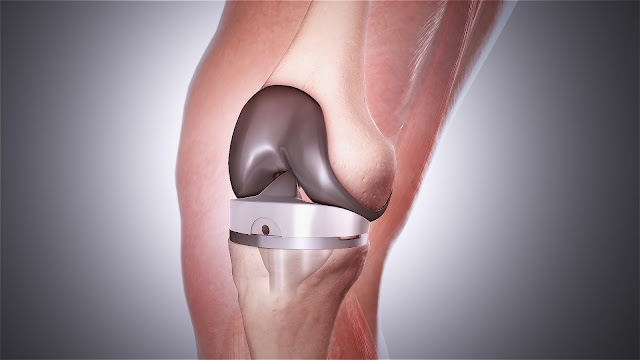Regaining Mobility And Relieving Pain: The Revolution Of Knee Replacement Surgery

Knee Replacement The human knee is a remarkable joint, responsible for bearing our body weight and enabling various complex movements. However, with age, injury, or certain medical conditions, the knee's function can deteriorate, leading to debilitating pain and reduced mobility. Knee replacement surgery has emerged as a groundbreaking medical procedure that has transformed the lives of millions of people worldwide. In this article, we will explore the evolution, benefits, advancements, and future prospects of knee replacement surgery. Knee Replacement surgery, also known as knee arthroplasty, was first performed in the 1960s. Over the decades, the procedure has undergone significant advancements in techniques, materials, and prosthetics. Initially, it was primarily used for elderly patients with severe arthritis, but its applications have expanded to include younger individuals with post-traumatic injuries or congenital defects. Modern knee replacement surgeries can be ca...
